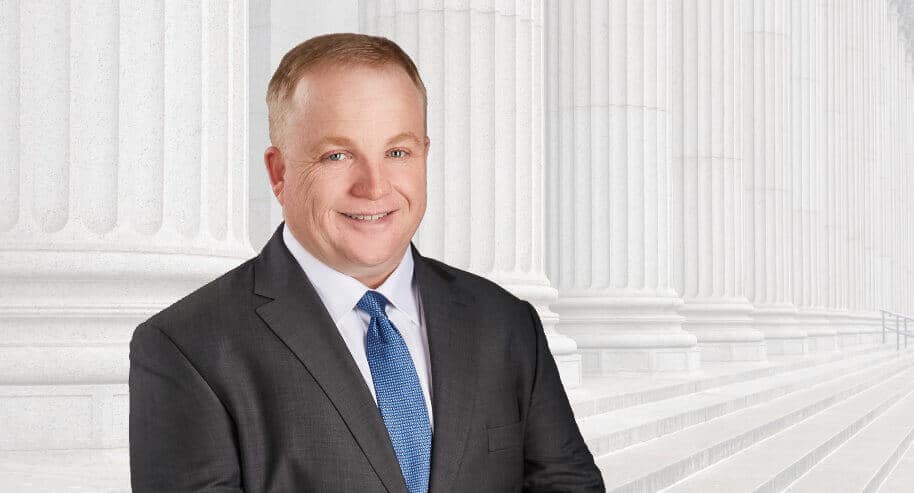
You already know that fostering children can be difficult on both a practical and emotional level. Many children in the foster care system have been through traumatic experiences and may have special needs.
Considering the attention, care, and love you put into giving these foster children a safe and nurturing place to live, it is essential that you understand and protect your rights. You are best able to provide for children in need and protect them when you are not at a legal disadvantage.
To ensure you are fully informed of your rights as a foster parent, contact a family attorney from Breeden Law Office right away. Whether you are fighting to keep your foster license or to adopt a foster child, Jonathan Breeden is here to protect and fight for you and your family. Call us today at (919) 661-4970 to learn more.
When it comes to being a foster parent, you have many rights, including to be informed of:
During reviews and meetings regarding your foster child’s situations, you not only have the right to be present, you also have the right to speak up regarding the child’s needs and best interests.
While the local Department of Social Services (DSS) and the courts have control over the situation, you are not powerless. Your first-hand knowledge and opinion can go a long way in ensuring a foster child reside in the best place for them, whether that is with their parents or your home.
Having a North Carolina foster care attorney from Breeden Law Office by your side during any disputes can enable you to best articulate your concerns for the child and your thoughts regarding what is best for them.
As a foster parent, if you believe the child is better off in your safe, healthy, and happy home, then there are ways for you to fight for custody. DSS states that every child deserves one stable foster care placement within their own community.
DSS’s goal is to place a child in a home that fits their best interests and to not remove them from that home unless necessary. Once you have a foster child in your home, they should not be moved to a new environment or returned to their parent’s custody unless it is in their best interests.
In June 2017, North Carolina passed a new law called Ryan’s Law, named after a young child who died after being returned to his mother from foster care too soon.
Ryan’s Law is intended to prevent foster children from being returned to unfit, negligent, or abusive parents, endangering their well-being and lives. Under this new law, DSS caseworkers are required to observe foster children with their parents before recommending to a judge whether the child should go home or stay in foster care.
If you believe DSS wants to remove a child from your foster care, whether to place them in a new foster home or return the child to their parents, and you believe this decision could be detrimental or harmful to the child, call a child advocacy lawyer from Breeden Law Office immediately.
As a foster parent, you have the right to legal representation and to put forward your opinion about what is best for the child to DSS and in court. As the adult who cares for the child on a daily basis, possibly for weeks, months, or years, you may have the best insight into what this child really needs.
The DSS’s top priority is to return foster children to their biological families. If this is not possible, DSS will look for a family member who is willing to take in the child. Foster care is the last solution when a family is unable, unfit, or unwilling to take custody of a child.
Once a child is in a stable foster situation that meets their needs, there is a presumption the child should remain there until the circumstances necessitate a change. This also means that foster parents are often the first potential adoptive parents whom DSS reviews after parental rights have been terminated.
If you are selected to adopt your foster child, you will receive regular visits from a caseworker, who will use their observations to create reports for the court regarding your preparedness to take on the child’s needs permanently. Usually, the child must live with you at least six months before the adoption can be completed.
You will need to go through the legal adoption process, including filing a petition for adoption, attending court hearings, and working with DSS or the private agency licensed by DSS in regard to home visits and reports. An experienced North Carolina adoption attorney from Breeden Law Office can help your foster child become your legal child.
As a foster parent, you may be interested in adopting one or more of your foster children, and you may believe that your relationship with the child makes you more suitable as an adoptive parent than another adult. While you are not guaranteed the right to adopt your foster child, North Carolina grants you many rights in fighting to be selected as the adoptive parent.
If the parental rights of a foster child’s mom and dad are terminated, you must be given notice of this decision. If you wish to adopt the child, you have a right to put your name forward and be heard by DSS and in court regarding this issue.
Selecting adoptive parents is DSS’s decision. However, North Carolina law states DSS must consider qualified foster parents like you, if you are interested. If adoptive parents have been selected, other than yourself, you have the right to be notified, after which you have 10 days to file a motion to appear in court and argue against the selection. Once you file this motion, the child cannot be removed from your home until the hearing takes places.
If a child has continuously resided with you for two years or more, you may file a petition for termination of parental rights. You can do this before or alongside a petition for adoption. Even if you succeed in having the parent’s rights removed, you are not guaranteed to be selected as the adoptive parent. You may still have to fight for the child.
If you are ready to fight for your foster child to stay with you and your family permanently, then it is essential you call a North Carolina child advocacy attorney as soon as possible. The standard for determining adoptive parents is the child’s best interests. A child advocacy and foster care lawyer from Breeden Law Office can appear in court on your behalf to demonstrate that remaining with you is what is best for the child.

As a foster parent, you may run into any number of legal and administrative issues. You should know that you have every right to hire an attorney to learn more about your rights as a foster parent and your legal options in response to a situation.
You often have the right to be part of legal hearings and agency reviews regarding your foster child’s situation. A child advocacy lawyer from Breeden Law Office can explain these rights and options and then guide you through the process of striving for what is best for your foster child.
To learn more about how we can help you as a foster parent, contact attorney Jonathan Breeden at (919) 661-4970 to schedule an initial consultation.
Call Breeden Law Office today:
Call (919) 661-4970